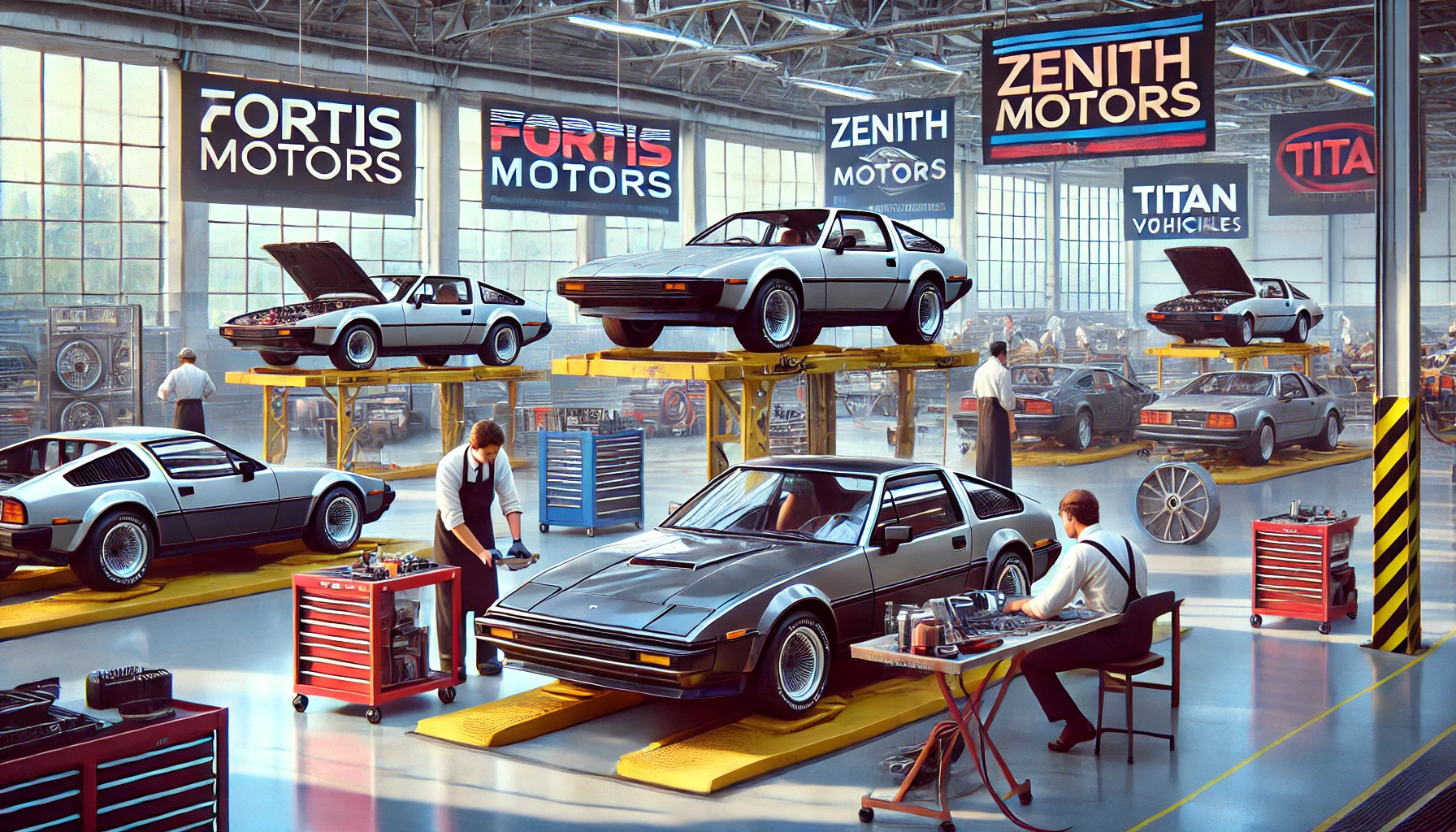In a surprising twist that has the automotive industry buzzing, leading car manufacturers are taking a step back in time, embracing the engineering principles and reliability standards of the 1980s. This retro shift is driven by consumer demand for sturdier, long-lasting vehicles, reminiscent of the robust machines that once ruled the roads.
The movement began with a series of focus groups revealing a growing dissatisfaction among car buyers with the complexity and frequent maintenance requirements of modern vehicles. “We miss the days when cars were built to last,” said one participant. “Back then, you could rely on your car to get you from point A to B without all the bells and whistles that seem to break down constantly.”
Heeding this call, top manufacturers such as Fortis Motors, Zenith Automotive, and Titan Vehicles have announced plans to incorporate 80s engineering principles into their new models. These companies are redesigning their vehicles with a focus on simplicity, durability, and ease of maintenance.
Fortis Motors, for instance, has unveiled the “Fortis Classic,” a sedan that boasts a minimalist design, mechanical reliability, and a straightforward engine layout. “We’ve eliminated unnecessary electronic components that often lead to malfunctions,” said Fortis CEO, Mark Reynolds. “Our goal is to provide a vehicle that is as dependable as the ones our parents and grandparents drove.”
Zenith Automotive is following suit with its “Zenith Enduro,” an SUV inspired by the rugged, off-road capable vehicles of the 80s. The Enduro features a durable steel frame, a powerful yet straightforward engine, and manual controls that hark back to a time when drivers had a more direct connection with their vehicles. “The Enduro is built to handle any terrain, just like the classic SUVs that have become legends over the years,” explained Zenith’s chief engineer, Sarah McAllister.
Titan Vehicles has introduced the “Titan Heritage,” a compact car that combines modern safety features with the reliability and simplicity of 80s engineering. The Heritage includes manual transmission options, mechanical locks and windows, and an interior designed for easy cleaning and maintenance. “We’re offering a car that provides the best of both worlds: the safety of today’s technology and the reliability of yesteryear,” said Titan’s marketing director, James Walker.
Industry analysts are optimistic about this nostalgic turn, noting that the shift towards 80s-inspired reliability could fill a significant gap in the current market. “There’s a clear demand for vehicles that prioritize long-term dependability over high-tech features,” said automotive analyst, Emily Ford. “By looking to the past, these manufacturers are tapping into a powerful consumer sentiment that values simplicity and reliability.”
As the automotive landscape continues to evolve, this move towards 80s-inspired engineering principles represents a fascinating blend of nostalgia and innovation. For many car buyers, the return to simpler, more reliable vehicles is a welcome change, promising a future where the durability of the past meets the safety and efficiency of the present.
